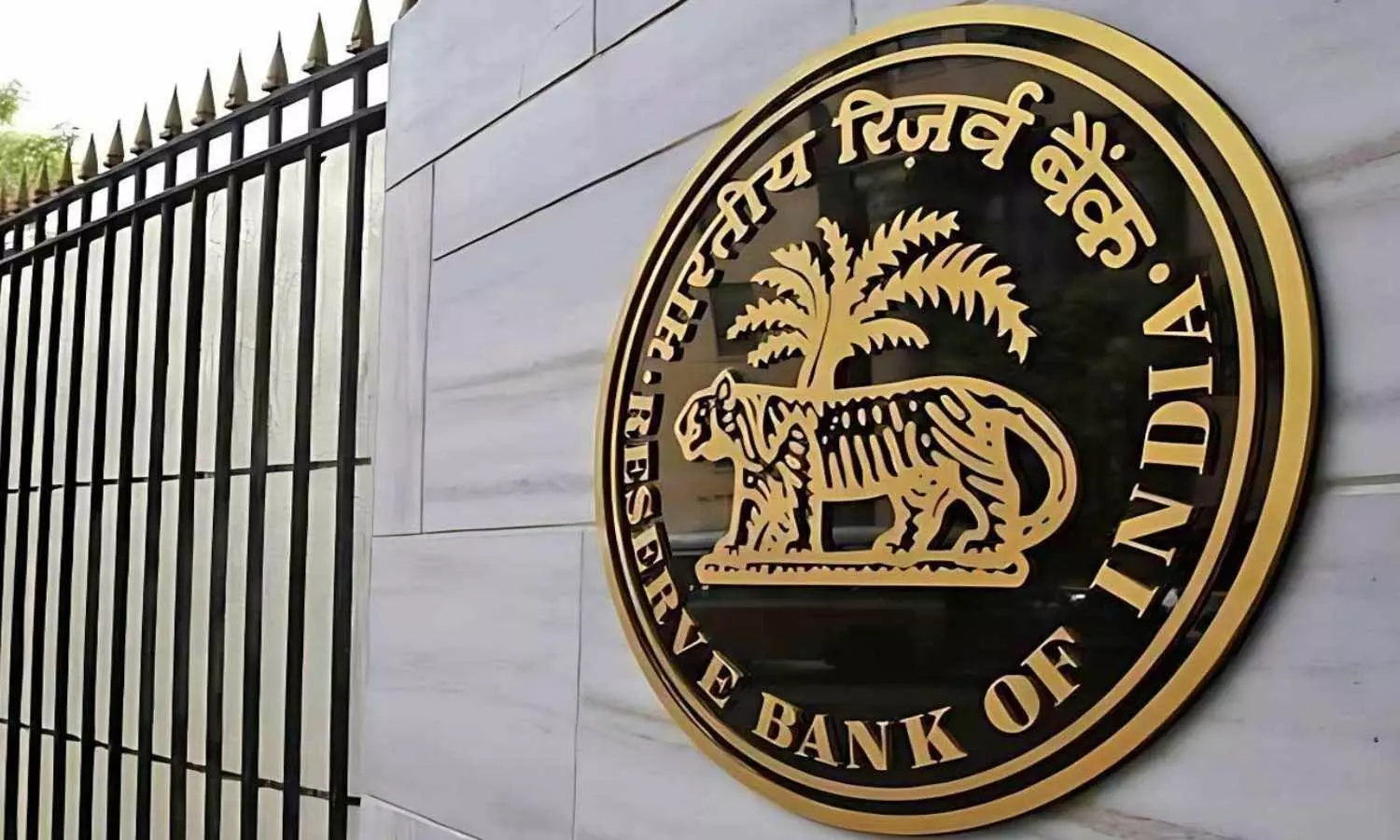RBI under spotlight as Tata Sons listing Deadline Nears
RBI comes under spotlight as the deadline for Tata Sons’ much-awaited stock market listing nears, raising investor expectations and regulatory focus.
RBI under spotlight as Tata Sons listing Deadline Nears

Mumbai, Sep 02
The Reserve Bank of India (RBI) faces a credibility test as Tata Sons inches closer to its September deadline for mandatory listing. Despite settlement talks with the Shapoorji Pallonji (SP) Group lifting market sentiment, legal experts warn that permitting Tata Sons to bypass the requirement could erode the integrity of India’s regulatory framework.
The RBI Governor, Sanjay Malhotra some time back had hinted at a differential regulatory framework for entities like it.
“It is dynamic,” Malhotra had said. “Policies have to change with the times and so it is only in that context that we are going to review some of these policies related to Type-I NBFCs.”
Tata Sons, classified as an Upper Layer NBFC in September 2022, is bound by the Scale-Based Regulatory (SBR) framework to list its shares within three years. Its application in March 2024 to surrender its Core Investment Company (CIC) registration has been widely criticised as an attempt to evade this statutory obligation. Bizz Buzz has elicited the opinions of the two former judges of Supreme Court on this.
Former Chief Justice of India JS Khehar has underlined that Tata Sons had “advance knowledge of its obligations under RBI’s enhanced regulatory framework” and therefore cannot escape culpability. “Even if RBI considers the application of March 2024, Tata Sons’ obligation to remain compliant remains binding until deregistration is formally approved. The avoidance of a legal framework is not an acceptable consideration in law.”
Justice Khehar also raised conflict of interest concerns over Tata Sons director Venu Srinivasan, who also sits on the RBI’s central board. “This creates a breach of the principle nemo debet esse judex propria causa. Any favourable decision by the RBI on Tata Sons’ application is liable to adverse judicial scrutiny,” he observed.
Former Supreme Court judge BN Srikrishna was equally clear, stressing that listing is a statutory duty, not a matter of choice. “Listing is not a matter of volition but of statutory mandate. The rationale for requiring Upper Layer NBFCs to list is to diffuse ownership and strengthen corporate governance.”
He warned that accepting Tata Sons’ argument would create a dangerous precedent: “To accept its interpretation would lead to manifestly absurd consequences — a company of Tata Sons’ scale avoiding oversight while far smaller NBFCs remain tightly regulated.”
any delay in a Tata Sons’ initial public offering means the debt-laden Shapoorji Pallonji Group won’t get an opportunity to sell any of the illiquid 18.37% it owns in the Tata holding firm.
The SP Group, holding 18.37 per cent in Tata Sons, has strongly opposed the deregistration move, pointing to the interests of over 1.2 crore public shareholders in listed Tata companies who indirectly own around 7 per cent of Tata Sons. Justice Srikrishna noted that “there is undoubtedly a substantial investor and public interest in Tata Sons, all of whom would benefit from a listing.”
With less than 45 days to go, experts say Tata Sons faces near impossibility in meeting the listing deadline. Justice Khehar made the implications clear, “Not initiating action against Tata Sons is demonstrative of a colourable exercise of power by the RBI. By keeping the application pending, the regulator is allowing Tata Sons to refrain from compliance.”
As the deadline nears, the RBI’s decision will determine not only the future of the Tata Group but also whether investor protection and corporate governance norms can withstand the weight of one of India’s largest conglomerates.
EoM.

